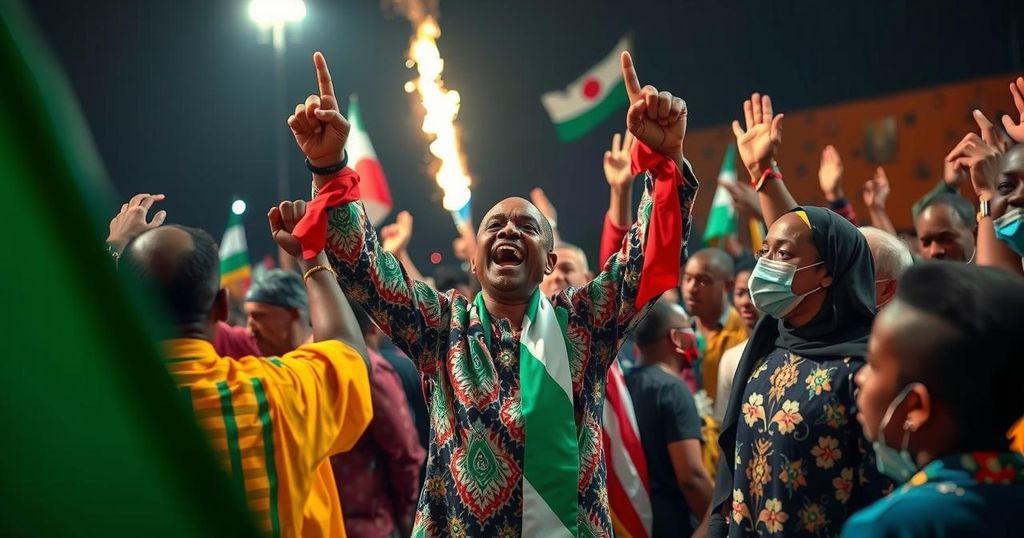Abdullahi’s Victory: New Leadership for Somaliland’s Quest for Recognition

Abdirahman Mohamed Abdullahi, also known as “Irro,” emerges victorious in Somaliland’s presidential election, taking approximately 64 percent of the vote. His win represents a pivotal shift toward efforts for international recognition and economic recovery in the breakaway region. Incumbent Muse Bihi Abdi received around 35 percent of the vote amidst challenges that included a delayed election process.
The recent presidential election in Somaliland has culminated in the victory of opposition leader Abdirahman Mohamed Abdullahi, commonly referred to as “Irro.” He garnered approximately 64 percent of the vote, decisively defeating the incumbent President Muse Bihi Abdi, who managed only about 35 percent. This election, which was delayed for two years due to funding issues, reflects the region’s ongoing quest for international recognition. Abdullahi’s campaign focused on revitalizing Somaliland’s struggling economy and reinforcing international acknowledgment, a key challenge for this breakaway region of Somalia. Despite declaring independence in 1991 amidst Somalia’s severe turmoil, Somaliland remains unrecognized globally, severely limiting its diplomatic and economic opportunities. Its government in Hargeisa operates autonomously, showcasing an organized political system and stable infrastructure, contrasting sharply with the ongoing security issues faced in Somalia. Moreover, the region is poised to engage in a controversial agreement with Ethiopia, which would grant it access to the sea in exchange for potential recognition, although this deal has incited concerns regarding Somalia’s sovereignty.
Somaliland, having proclaimed independence from Somalia in 1991, has faced ongoing challenges regarding its legitimacy on the international stage. The region has developed a stable governance structure and maintains its own currency and military. However, a lack of recognition from any nation hampers its access to international funding and limits the mobility of its citizens. With the upcoming administration in the United States, there are hopes that there will be a reevaluation of Somalia’s claim over Somaliland, guided by officials who recognize the latter’s political aspirations. The government also seeks to secure a maritime agreement with Ethiopia that would potentially enhance its international standing.
In summary, Abdullahi’s election victory marks a significant political event for Somaliland, reflecting voter desires for economic recovery and international recognition. His administration will likely focus on navigating complex regional dynamics, including the controversial deal with Ethiopia. As Somaliland continues to seek legitimacy, the outcomes of this administration could influence both its domestic policies and its international relations alongside a changing geopolitical landscape.
Original Source: www.aljazeera.com







